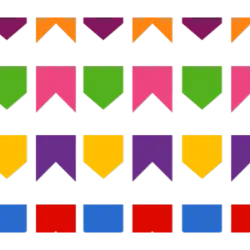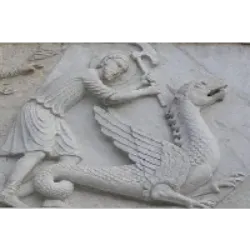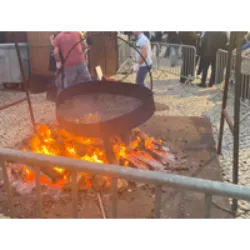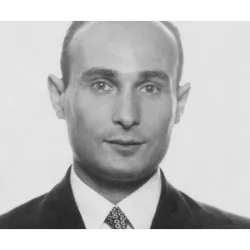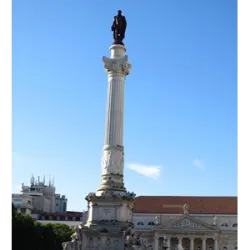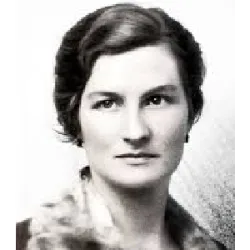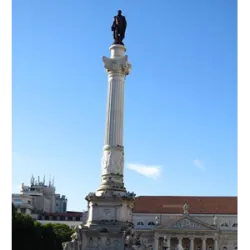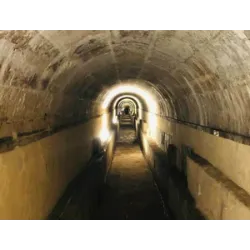June Festival in Germany
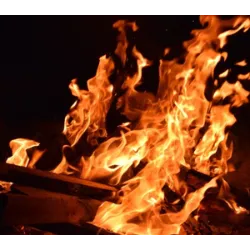
In Germany, the celebration of the summer solstice — called Sommersonnenwende — has its origins in ancient pagan traditions. These festivals took place around June 24, coinciding with St. John's Day (Johannistag), marking the beginning of summer. It was common for young people to light large bonfires, known as Johannisfeuer, jump over the flames and burn herbs and flowers, as a form of purification and protection.
These practices, however, did not please the religious and civil authorities. On June 20, 1653, the Nuremberg City Council banned such customs, considering them superstitious, pagan and dangerous due to the risk of fires. Despite this, in many German regions, especially in the south, St. John's bonfires are still lit to this day, especially in rural areas and in the Bavarian Alps, preserving a tradition of celebrating the sun and nature.
Although it is not called Festa Junina as in Brazil, the German Sommersonnenwende has similar characteristics: bonfires, fertility rituals and folk dances — ancient symbols of the connection between human beings and the cycles of the earth.
Did you know?
